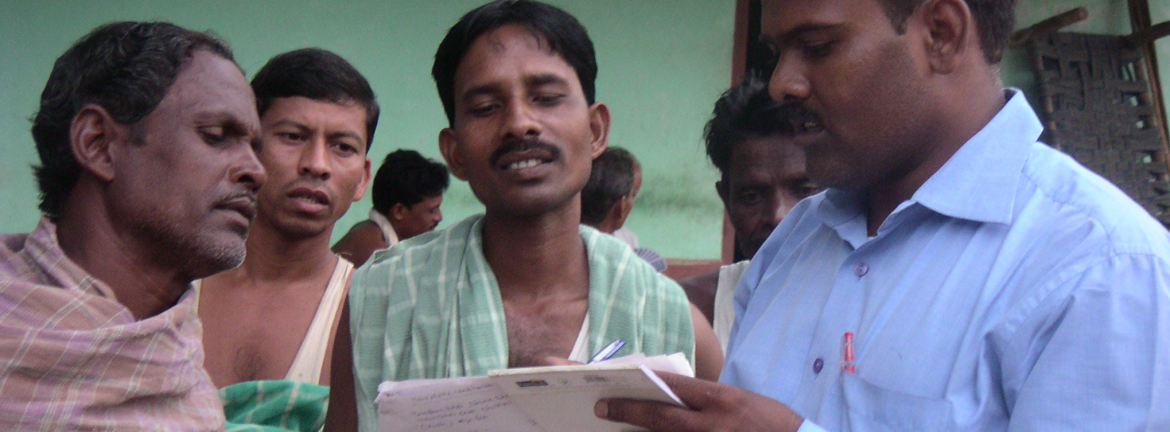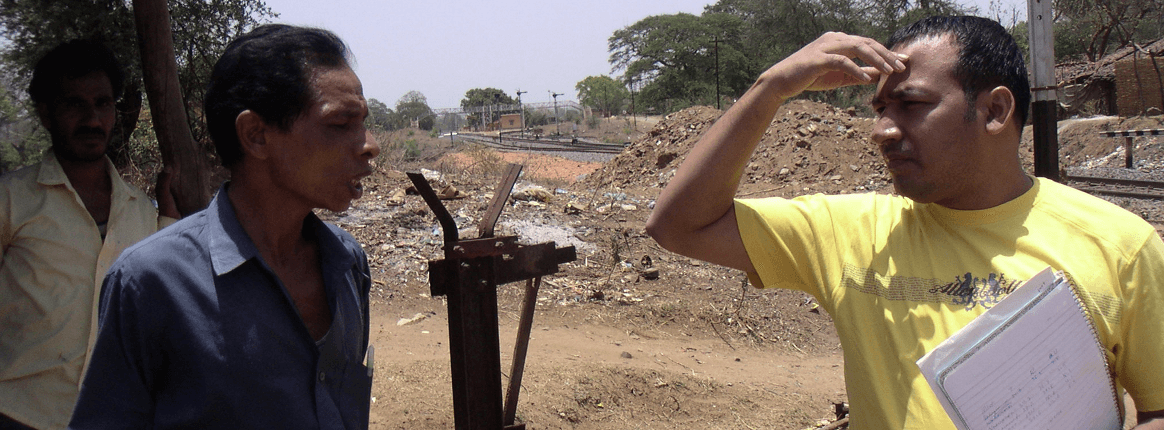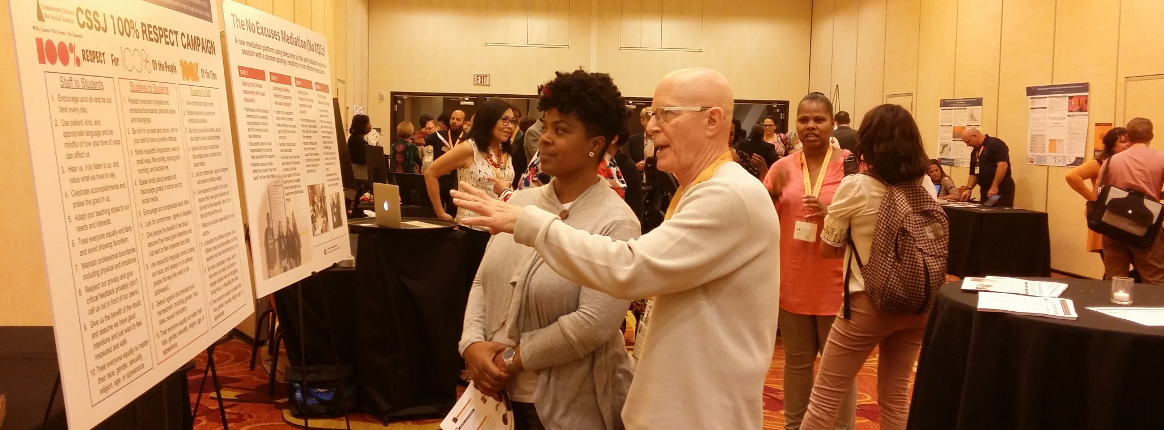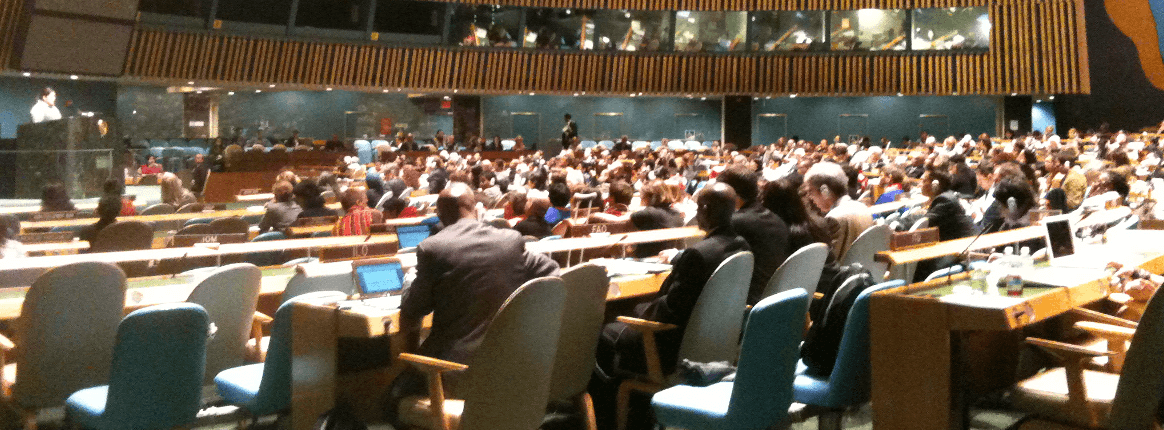Social discord can lead not only to a loss of a company’s “social license to operate”, but it can also be devastating to project profitability and corporate share price. Good social planning and good faith social engagement have positive dividends in a number of ways. Guiding a project down the right path begins with having an integral appreciation for stakeholder engagement.
CCCS’ approach to stakeholder engagement aims to facilitate equitable and sustainable development outcomes. We approach consultations as a dialogue between different social actors—project-affected communities, corporations, development practitioners, and government stakeholders. In particular, we specialize in bridging the communication gaps between at least three stakeholder cultural spheres: local communities, government and corporate. We operate according to the principle that all stakeholders are worthy of mutual respect and have the right to be heard. Our goal is to assist projects in establishing lasting partnerships with both local communities and local governments.
Although good stakeholder engagement must be custom-fit to each project context, some key principles characterize our recommended approach:
- Early and Proactive Engagement
- Strategic Planning
- Tailored Solutions
- Management-oriented Processes
In our role as a social consultancy, CCCS prefers to work as a complement to local project teams. That is, we utilize our international experience to advise and empower local teams to achieve global standards in their social analysis and project planning work. We find that it is best for international consulting teams not to simply and belatedly “review” planning measures and reporting documents, but rather to work together with local colleagues from the beginning to jointly plan all projects—combining local and international knowledge and know-how.
Stakeholders are persons or groups who are directly or indirectly affected by a project, as well as those who may have interests in it or the ability to influence its outcome. The “stake” that any individual or group has in a project or investment will vary. People and governments located near the project will be directly affected by project activities, but international audiences may also vocalize particular concerns with regard to project-induced environmental and social impacts. Projects also give rise to a broad range of indirect and cumulative impacts, sometimes to communities not directly adjacent to project facilities. Predicting and planning for such indirect impacts is a very difficult aspect of project social planning, but also one that is growing in international importance.
Over the past decade, CCCS has been active in promoting a collaborative approach to public consultation and disclosure which has been praised by the IFC in its Stakeholder Engagement Handbook as a global Good Practice example. Closely following IFC and related global community engagement guidelines, our “tripartite approach” brings in local governments along with project-affected communities, and the project sponsors to jointly communicate with all stakeholders and to invite a sense of local ownership and empowerment in local social development planning.
For the Sakhalin Energy Project (Russia), the Weda Bay Nickel Project (Indonesia), and the Abadi LNG Project (Indonesia), CCCS devised a schedule of three rounds of consultation to meet with local stakeholders to receive their inputs into project planning. We also established mechanisms for ongoing consultation and disclosure throughout the lifetime of each project. By carefully crafting a mix of public consultations in local communities, online and hard copy distribution of social mitigation and benefits-sharing measures, and publicizing of grievance mechanisms as well as internal and external monitoring approaches, CCCS has used Public Consultation and Disclosure Plans to enable the project operator to get out ahead of local project controversies and ever-dynamic community developments. By formalizing consultation and disclosure strategies, furthermore, project staff are provided with project management-approved messages, leading to project-wide consistency in public relations approaches.







